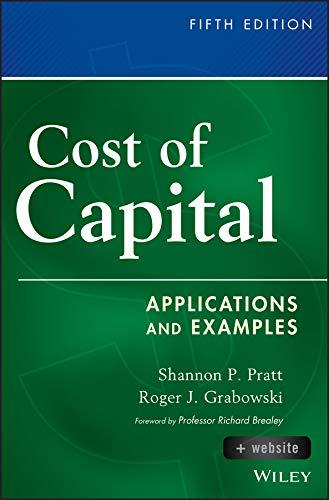
9. Osaka Insurance Company (OIC) concentrates underwriting in Japan. The company is concerned that an earthquake will cause extensive damage. Limited affordable reinsurance is available due to the quake risk and the hard market. Financial managers at OIC decided to issue $600 million (maturity value) of "Yankee Bonds (U.S. dollar-denominated bonds) for sale to U.S. investors. These catastrophe ("cat") bonds will mature in 3 years and each $1,000 (maturity value) bond will carry a 12% annual coupon. The bond indenture specifies that if at least one earthquake larger than 7.4 but under 7.9 on the Richter Scale occurs in Japan during a given year, the company will only pay 40 percent of that year's interest. If an earthquake of 7.9 or greater magnitude occurs in Japan, no interest is payable that year. If no earthquakes of 7.4 or greater occur, then the full interest payment must be made by OIC. The maturity value ($1,000) is payable in 3 years regardless of whether any earthquakes occur. Seismologists believe there's a 40 percent chance in any given year of an earthquake between 7.4 and 7.9 in Japan, and a 10 percent chance in any given year of an earthquake of 7.9 or greater magnitude. a. How much in interest payments (total dollars) would OIC save in any year in which an earthquake occurs that is between 7.4 and 7.9 on the Richter Scale? (1 point) b. If investors require an 8.5 percent return on these bonds, and they are aware of the earthquake probabilities and reduced interest contingency; what is the most they should be willing to pay for an OIC Yankee Cat bond when issued? (2.5 points) 9. Osaka Insurance Company (OIC) concentrates underwriting in Japan. The company is concerned that an earthquake will cause extensive damage. Limited affordable reinsurance is available due to the quake risk and the hard market. Financial managers at OIC decided to issue $600 million (maturity value) of "Yankee Bonds (U.S. dollar-denominated bonds) for sale to U.S. investors. These catastrophe ("cat") bonds will mature in 3 years and each $1,000 (maturity value) bond will carry a 12% annual coupon. The bond indenture specifies that if at least one earthquake larger than 7.4 but under 7.9 on the Richter Scale occurs in Japan during a given year, the company will only pay 40 percent of that year's interest. If an earthquake of 7.9 or greater magnitude occurs in Japan, no interest is payable that year. If no earthquakes of 7.4 or greater occur, then the full interest payment must be made by OIC. The maturity value ($1,000) is payable in 3 years regardless of whether any earthquakes occur. Seismologists believe there's a 40 percent chance in any given year of an earthquake between 7.4 and 7.9 in Japan, and a 10 percent chance in any given year of an earthquake of 7.9 or greater magnitude. a. How much in interest payments (total dollars) would OIC save in any year in which an earthquake occurs that is between 7.4 and 7.9 on the Richter Scale? (1 point) b. If investors require an 8.5 percent return on these bonds, and they are aware of the earthquake probabilities and reduced interest contingency; what is the most they should be willing to pay for an OIC Yankee Cat bond when issued? (2.5 points)







